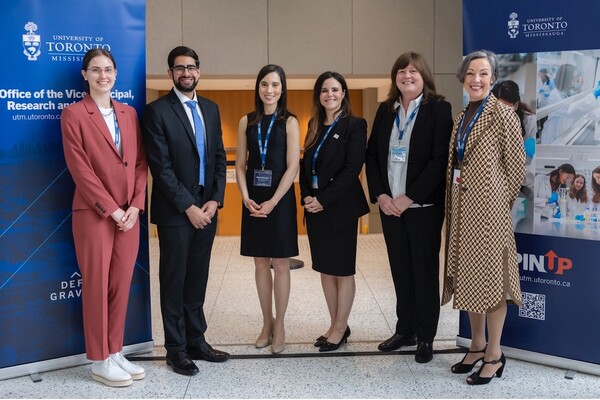Neurodegenerative diseases represent some of the most significant public health challenges of the 21st century: they are chronic, common and untreatable.
Today, one-third of adults over 85 years of age have some form of dementia. As our population ages over the next 25 years, the prevalence of these diseases is expected to double.
The science of these diseases is complex – the easy answers have been ruled out.
At the Tanz Centre, we are prepared to meet this challenge. Our researchers have made many of the most important discoveries of the past two decades concerning the genetics of Alzheimer’s and other diseases. We are determined to discover and invent effective diagnostics and therapies that will stop these devastating diseases.
To learn more about our research areas and the science behind the neurodegenerative diseases studied at the Tanz Centre, please explore the links below:
Make a Gift Today








